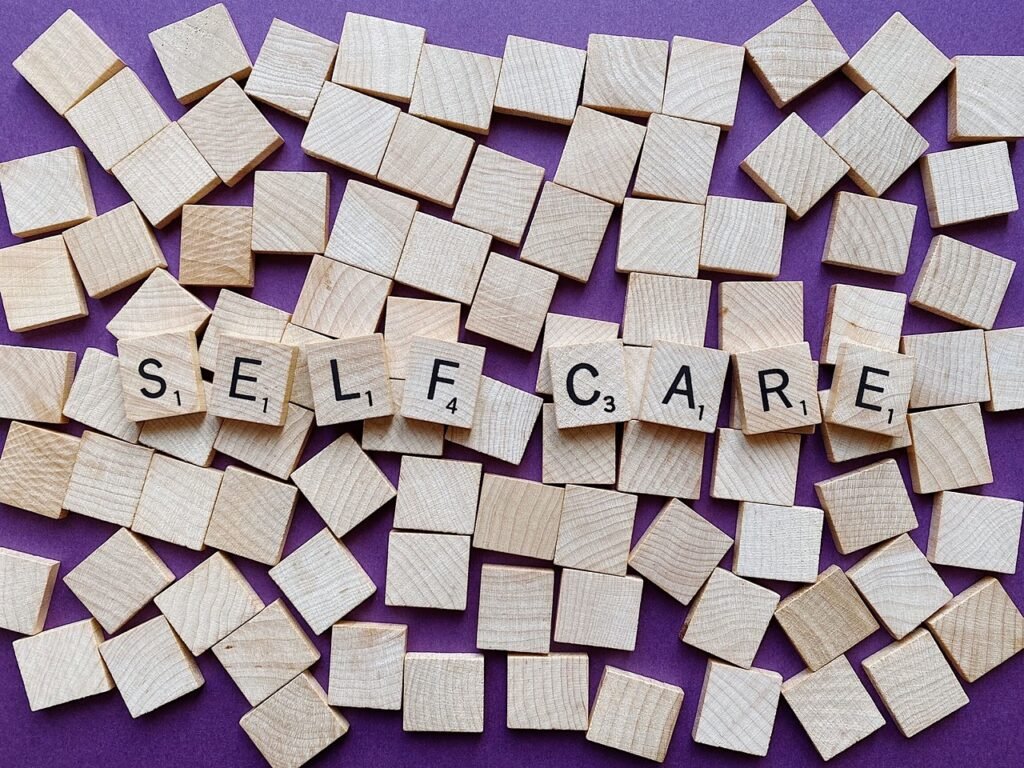
Taking care of a loved one can be a very rewarding experience, but it can also be challenging. Many family caregivers find it hard to juggle their caregiving responsibilities with their personal lives. This can leave them feeling tired, stressed, and overwhelmed.
That’s why finding ways to manage stress is important for both your well-being and the quality of care you give. Let’s look at some simple tips, helpful resources, and useful tools that can help make caregiving easier and less stressful.
Understanding the Causes of Caregiver Stress
Family caregivers often face multiple stressors. They can range from emotional exhaustion to financial burdens. Identifying these challenges early can help prevent burnout.
Common Causes of Caregiver Stress
- Emotional Strain: Caregivers often feel guilty, anxious, or lonely.
- Physical Exhaustion: Lack of sleep and long hours can wear you out.
- Money Problems: Medical bills, expensive home renovations, and working less can cause financial stress.
- No Personal Time: Many caregivers struggle to take breaks for themselves.
- Unclear Expectations: Not knowing what to do about medical care for your loved one or dealing with family disagreements can be stressful.
Signs of Caregiver Burnout
- Feeling tired all the time
- Being easily irritated or having mood swings
- Having trouble focusing
- Avoiding social activities
- Changes in eating or sleeping habits
Recognizing these signs early can help prevent stress from turning into burnout.
Practical Strategies for Reducing Caregiver Stress
Taking small steps can improve a caregiver’s mental and physical health.
Time Management Tips
- Make a weekly plan. Schedule caregiving tasks, appointments and personal time.
- Focus on what matters. Do the most important tasks first and ask for help with others.
- Set realistic goals. Don’t try to do everything at once — break complex tasks into smaller steps.
Self-Care Ideas
- Stay active. Walk or stretch to relieve stress.
- Practice mindfulness. Deep breathing or guided relaxation can help calm your mind.
- Do something you enjoy. Reading, music or hobbies can give you a break.
- Stay connected. Talk to friends or join support groups for emotional support.
Setting Boundaries and Asking for Help
- Accept help. Let family or friends assist with caregiving when they offer.
- Join a support group. Talking with others in similar situations can make you feel less alone.
- Get professional help. Consider hiring temporary home care or respite care for extra support.
Helpful Resources for Caregivers
Many resources can help caregivers manage their responsibilities more easily.
Support Networks
- Local Caregiver Groups: Find support groups at community centers or health organizations.
- Online Caregiver Forums: Get advice and support from organizations like the Family Caregiver Alliance.
- Counseling Services: Consider using a therapist to help you manage stress and negative emotions.
Respite Care Options
- Adult Daycare Centers: Provide supervised care for a few hours a day.
- Short-Term Home Care: Temporary caregivers can assist when needed.
- Government Programs: Some states offer financial aid for respite care — check with local agencies.
Caregiving Apps for Organization
- CaringBridge: Helps families share updates on their loved one’s care.
- Lotsa Helping Hands: Helps coordinate volunteers for caregiving tasks.
- Medisafe: Sends reminders for medications.
Using these resources can make caregiving easier and less overwhelming.
Products and Tools to Help Caregivers
Using the right helpful tools can make caregiving less stressful and improve your well-being.
Assistive Devices for Home Care
- Medical Alert Systems: Receive emergency help at the press of a button.
- Mobility Aids: Walkers, grab bars and lift chairs can improve safety.
- Automatic Pill Dispensers: Help prevent missed doses and medication mistakes.
Stress Relief Tools
- Guided Journals: Writing down your thoughts can ease stress.
- Weighted Blankets: Help with relaxation and better sleep.
- Aromatherapy Diffusers: Essential oils like lavender can promote calmness.
Where to Find More Help
- Local Health Departments: Many offer caregiver workshops and financial aid.
- Nonprofit Organizations: Groups like AARP and the Alzheimer’s Association offer caregiver support.
- Government Websites: The National Institute on Aging has caregiving guides and resources.
These tools and services can lighten the load and help caregivers take better care of themselves.
The Bottom Line in Managing Caregiver Stress
Managing caregiver stress means taking care of yourself, planning your time wisely and getting support from others. By noticing stress early, setting achievable goals and using helpful resources, you can balance your caregiving duties with your own well-being. Don’t be afraid to ask for help — there are support groups, tools, and community programs to assist you. Remember, your health matters just as much as the health of the person you are caring for.
